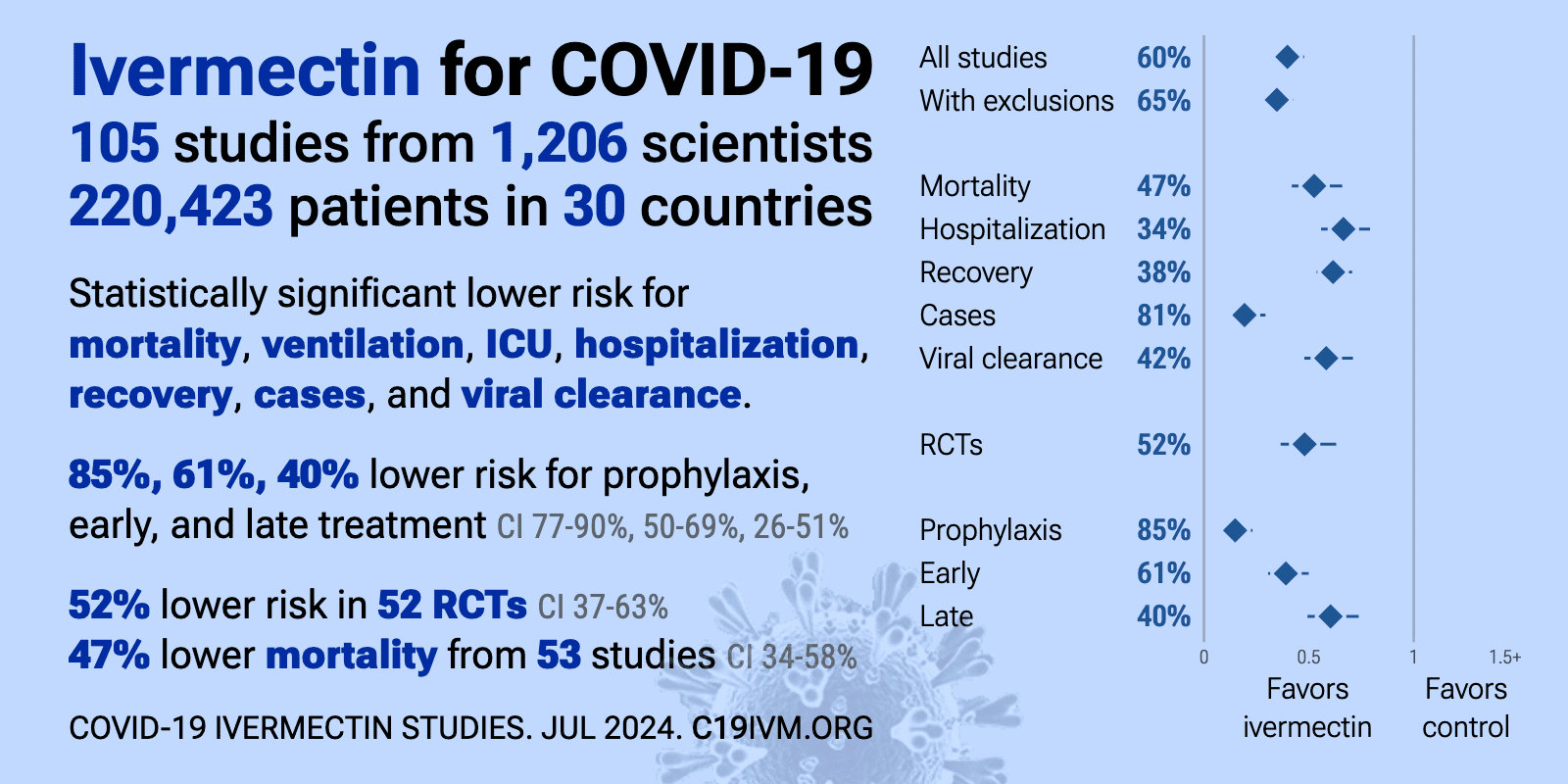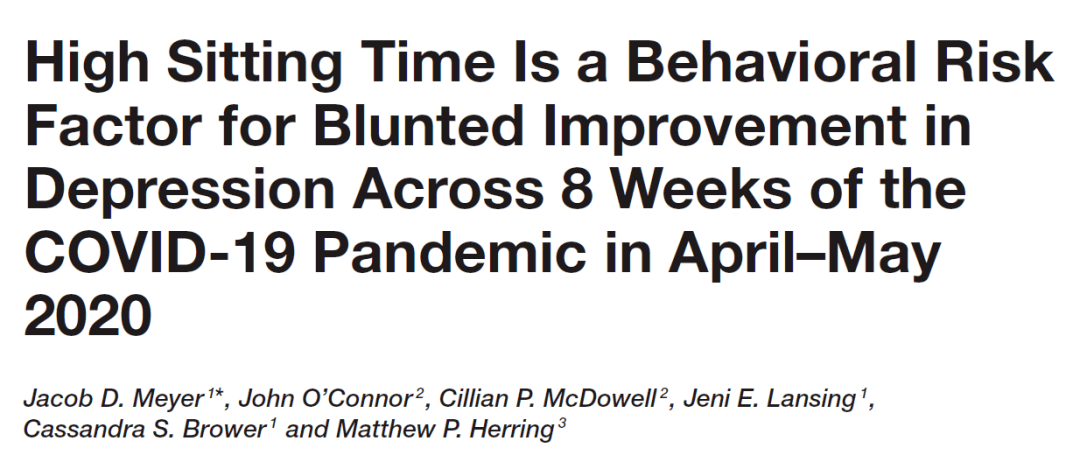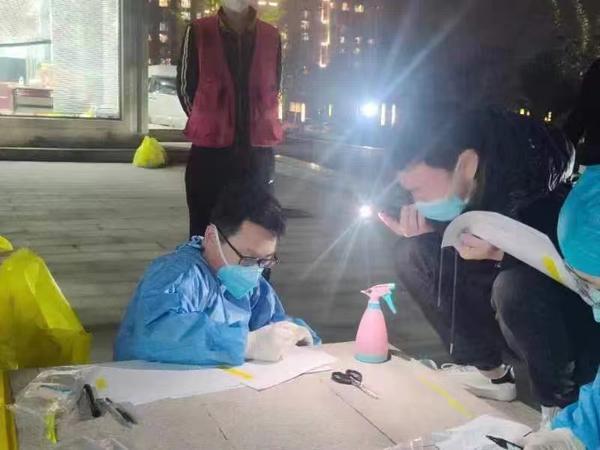The COVID-19 pandemic, caused by the severe acute respiratory syndrome coronavirus 2 (SARS-CoV-2), has transformed the global landscape in unprecedented ways since its first reported case in December 2019 in Wuhan, China. This highly contagious respiratory illness has spread rapidly across borders, disrupting daily life, economies, and public health systems worldwide. This brief overview aims to provide an understanding of the COVID-19 pandemic's evolution, impacts, and current strategies for mitigation and management.
The Initial Outbreak and Global Spread
The initial outbreak in Wuhan was initially contained as a cluster of pneumonia cases of unknown origin. However, by January 2020, the virus had gained international attention, with the first cases reported outside China. The World Health Organization (WHO) declared the outbreak a Public Health Emergency of International Concern (PHEIC) on January 30, 2020, and later, on March 11, 2020, officially named it a pandemic. This designation marked the virus's rapid global spread and the need for a coordinated global response.
Key Features of SARS-CoV-2
SARS-CoV-2 is highly transmissible, with a basic reproduction number (R0) estimated to be between 2.5 and 3.5, meaning each infected person can potentially spread the virus to 2.5 to 3.5 others. The virus primarily affects the respiratory system, causing symptoms ranging from mild to severe illness including fever, cough, fatigue, and difficulty breathing. In some cases, it can lead to pneumonia and even death. The virus is more severe among the elderly and those with pre-existing health conditions.
Impact on Health Systems and Economies
The pandemic has overwhelmed health systems in many countries, leading to shortages of medical supplies such as personal protective equipment (PPE), ventilators, and testing kits. Intensive care units have been strained, and healthcare workers have been at high risk of infection due to the nature of their work. The economic impact has been profound, with lockdown measures implemented globally to slow the spread of the virus. These measures have resulted in unprecedented job losses, business closures, and a decline in global trade. The International Monetary Fund (IMF) estimates that the pandemic could cause a global recession comparable to or even worse than the 2008 financial crisis.
Vaccination Efforts and Variants
In response to the pandemic, scientific communities around the world have worked tirelessly to develop vaccines. By mid-2021, several vaccines had been approved for emergency use by the WHO, including mRNA-based vaccines from Pfizer-BioNTech and Moderna, as well as Oxford-AstraZeneca's vaccine. Vaccination campaigns have been rolled out globally, with varying levels of success depending on factors such as access to vaccines, logistical challenges, and hesitancy among populations.
However, the emergence of variants of concern (VOCs), such as Alpha (first identified in the UK), Delta (first identified in India), and Omicron (first identified in South Africa), has posed new challenges. These variants are more transmissible or have the potential to evade vaccine protection, necessitating ongoing research and adaptation of public health measures.
Mitigation and Management Strategies
To mitigate the spread of COVID-19, a range of strategies have been implemented globally:
1、Social Distancing: Maintaining physical distance between individuals to reduce transmission. This includes wearing masks in public spaces, avoiding large gatherings, and practicing good hand hygiene.
2、Testing and Tracing: Widespread testing to identify cases early and tracing their contacts to isolate them promptly. This helps break chains of transmission.
3、Vaccination: Widespread vaccination programs aimed at building herd immunity and protecting vulnerable populations. Governments have prioritized vaccination efforts based on age, risk factors, and availability of vaccines.
4、Digital Tools: The use of digital tools like health passports and mobile apps for tracking and alerting about potential exposure to the virus has become increasingly common.
5、Economic Support: Governments have provided financial support to individuals and businesses affected by lockdown measures, including stimulus packages, unemployment benefits, and loan forgiveness programs.
Conclusion
The COVID-19 pandemic continues to evolve, with new challenges emerging daily. While significant progress has been made in developing vaccines and implementing mitigation strategies, the pandemic underscores the importance of global cooperation, scientific research, and public health preparedness for future pandemics. As we navigate this unprecedented time, it is crucial to remain vigilant, adhere to public health guidelines, support one another, and continue to learn from this experience to build a more resilient global community.
转载请注明来自爬爬百科,本文标题:《全球疫情简报,COVID-19疫情的英语概述》












 京ICP备11000001号
京ICP备11000001号
还没有评论,来说两句吧...